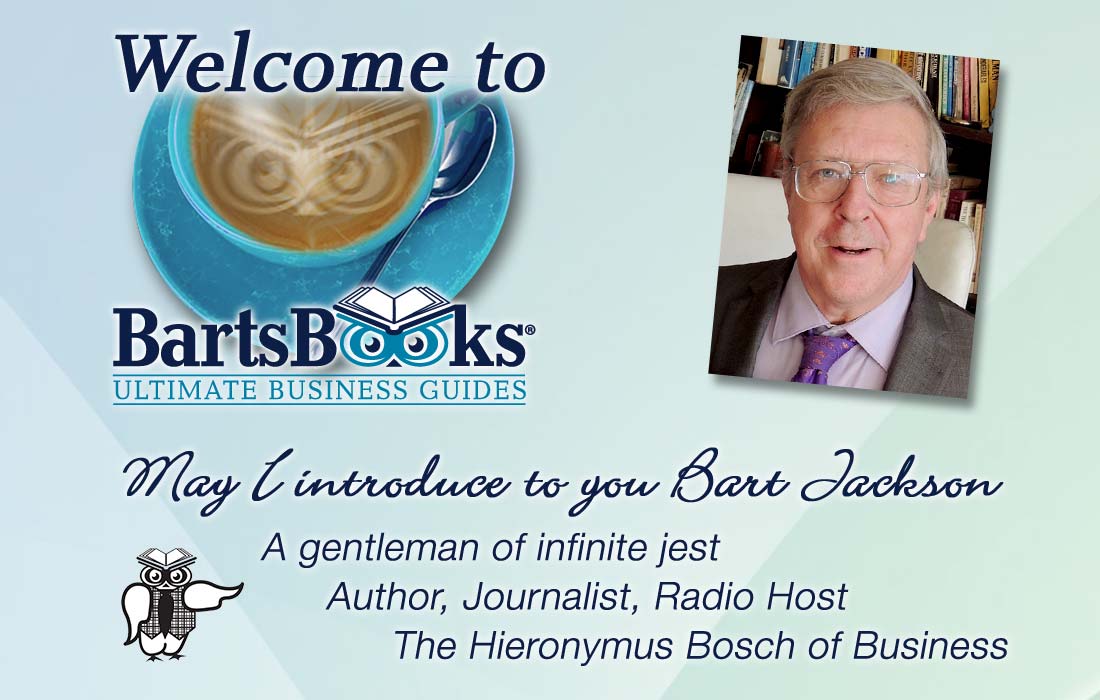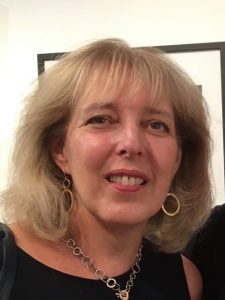Former NASDAQ CEO Alfred Berkeley shares his uncommonly wise investment approaches, and the how he artfully launched the United Nations Sustainable Goals Development Fund.
Do your personal investments reflect your personal values? Can you put your money into socially conscious enterprises without sacrificing profits? Alfred Berkeley, former NASDAQ CEO and Director of the World Economic Forum USA says resoundingly, “Yes you can” – and proves it. Host Bart Jackson invites Al Berkeley back on the show to detail how he artfully launched the United Nations Sustainable Development Goals Fund (the “do-gooder” fund which backs companies dedicated to the U.N’s 17 sustainability goals.) Al explains the power and planning of how socially conscious investing can work for you. And – don’t miss this – Al Berkeley also reveals the selection strategies and approaches you need to take as you enter the market with your own hard-won cash. Tune in and learn how you can do well by doing good.



